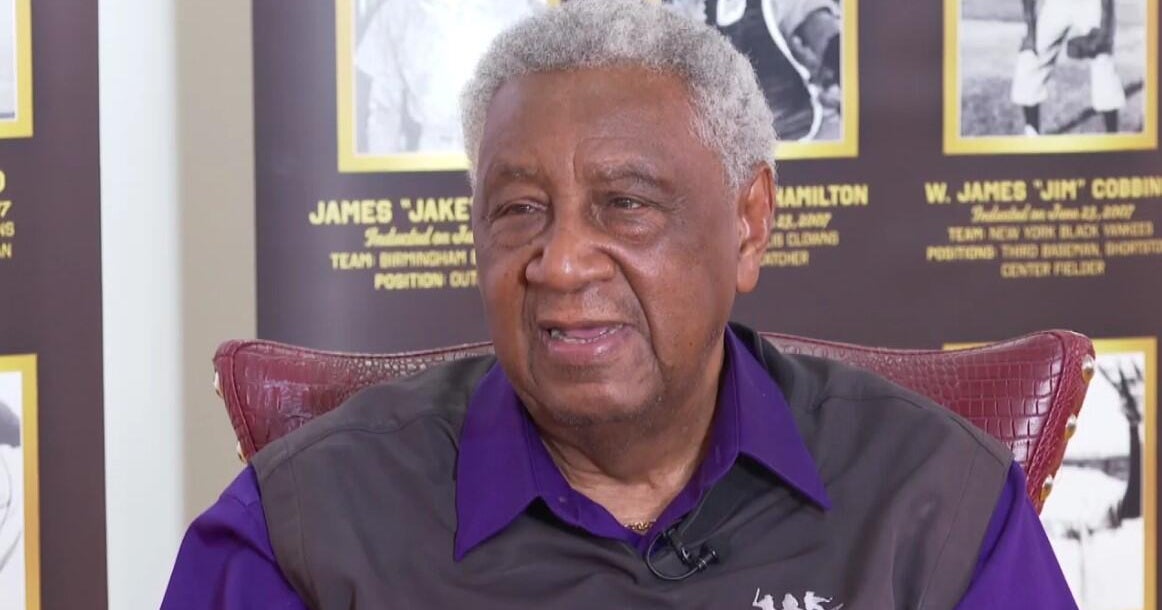CBS 2 School: The Ultimate Umpires
Two American traditions restarted again, during this first week of October: Major League Baseball playoffs and the beginning of the U.S. Supreme Court's term.
Both events might feature some dramatic 5-4 outcomes or some 9-0 yawners this year, but the U.S. Supreme Court will be the only event in which spectators are most interested in the umpires' decisions.
The nine U.S. Supreme Court justices stand as the ultimate arbitrators of American law.
They work to interpret and apply a rule book that was first being written in 1787. But the writers of many of these laws never envisioned the contemporary case subjects that now connect with these provisions.
Some of the laws that must be interpreted were written with a purposeful vagueness to force the judicial branch into making difficult choices that the legislative branch could not resolve.
And some of the cases are just downright intriguing as they feature enough human drama and legalistic principles to create yet another season of Law and Order scripts.
After almost a dozen years of no new faces on the Supreme Court, this term features the 3rd new justice in the last five years. The arrival of Justice Elena Kagan also means the Court will feature three female justices for the first time.
Many will watch to see how Kagan's decisions fit into this ideologically divided court, but they will have limited opportunities to assess her opinions this term. Since Kagan last served as the U.S. Solicitor General who prepared and argued the U.S. Government's side in Supreme Court cases she will have to recuse herself in nearly half of the cases the Court has already agreed to hear this year.
One of the cases that the Court will decide this year includes a free-speech case about whether demonstrators have the right to protest near a soldier's funeral. Justices will also decide whether states can restrict the sales of violent video games to minors.
On the immigration issue, the Court will determine whether a state can deny business licenses to companies that hire illegal immigrants. And a death penalty case will establish whether a death row inmate has the right to request new DNA evidence that might exonerate him.
Recent trends indicate the Court will hear about 80-90 cases this term. Given the nature of some of these early cases, we're certain that some of these umpires' calls will be highly controversial during this Supreme Court season.







